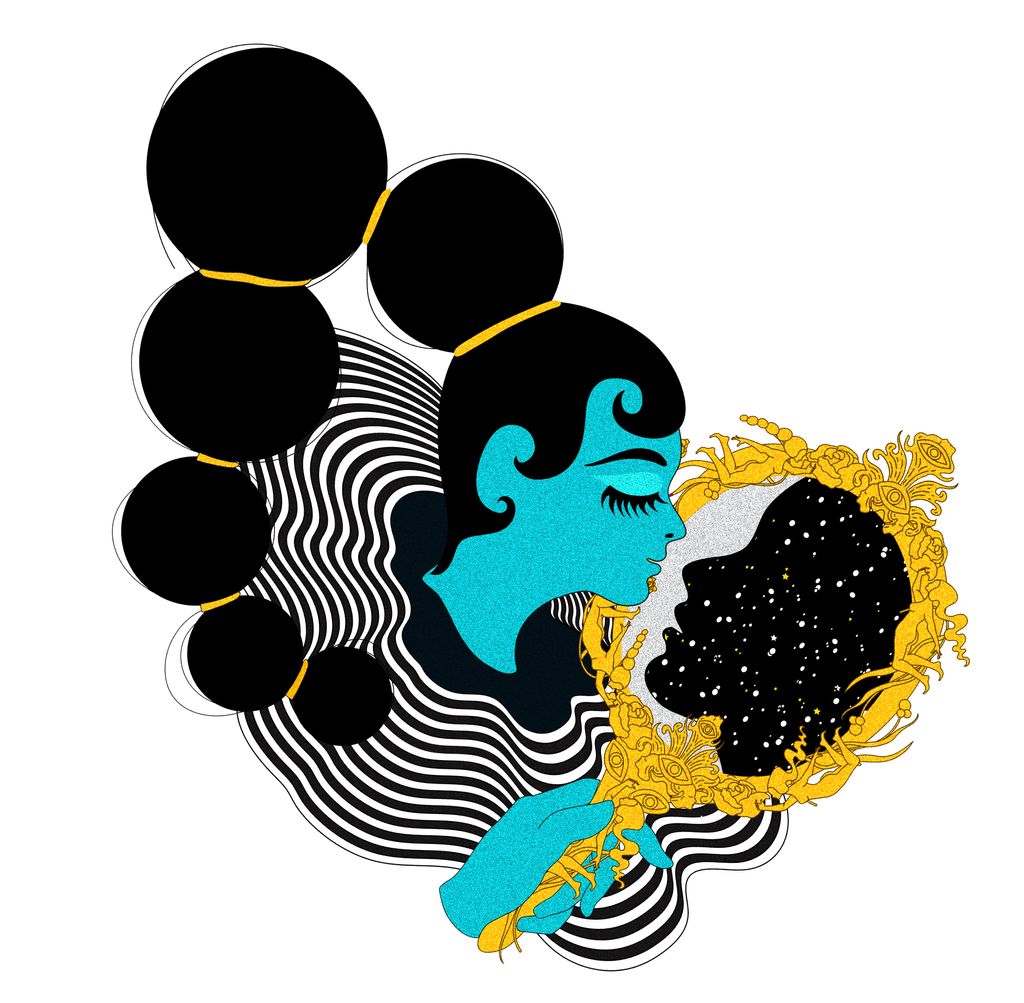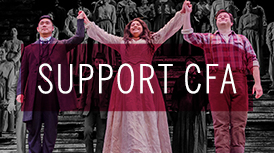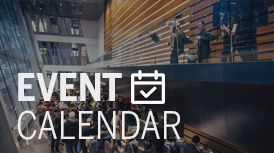赶走蝴蝶
钢琴家Matthew Xiong帮助音乐家克服表演焦虑
By Pamela Reynolds | Illustrations by Lydia Ortiz
By the age of 11, pianist Matthew Xiong could ascend a stage, calmly survey a sea of expectant faces, and, unperturbed, skillfully sail through Liszt’s Piano Concerto No. 1. For Xiong (’20), playing in front of an audience was exhilarating. 在他十几岁的时候,有一天,在他的祖国澳大利亚举行的一场压力巨大的全国音乐比赛中,他坐在钢琴前演奏了他心爱的李斯特协奏曲。
他冻结了。
“那时我已经参加了不少比赛,所以我对压力并不陌生,”他说。“但是那场比赛,我感到非常紧张。I had a gigantic memory lapse onstage, and it was just unrecoverable—and extremely humiliating.”
从那时起,熊就被表演的恐惧所困扰,他把这种恐惧描述为“轻度的创伤后应激障碍”。He carried on with his career, but before performances he would shake uncontrollably and his diaphragm would seize up.
“当我走上舞台时,我会想,‘我热爱表演,热爱演奏音乐,为什么我会对这件事如此焦虑?’”
The search for an answer to that question has brought Xiong to where he is today—a music instructor dedicated to helping other musicians overcome potentially career-killing performance anxiety.

Matthew Xiong(20届)致力于帮助音乐家管理表演焦虑。熊先生提供
Xiong teaches at two Boston-area music schools—Talent Music Academy in Brighton and Merry Melody Music Academy in Westwood. 他说,澳门威尼斯人注册克服舞台恐惧的传统建议——练习、练习、再练习,或者更多地参加公开音乐会——并不能解释导致表演者在舞台上恐惧而颤抖的各种因素之间复杂的相互作用。有时表现焦虑会由一次糟糕的表现引发,比如他的表现。有时,它可能与更深层次的心理问题有关。熊说,有时焦虑会很强烈,让人麻痹,类似于惊恐发作,或者当所有的目光都在我们身上时,我们中的许多人会感到心跳加速。
His assessment is backed by research in the area, says Karin S. Hendricks, an associate professor of music and chair of music education. 例如,一些澳门威尼斯人注册网站研究表明,音乐表演焦虑可以通过抑郁和某些焦虑障碍来预测。Culture, genetics, and even nutrition can also play a role.
“Every one of us has such a complex and unique system of experiences and influences in our lives,” says Hendricks, who coauthored Performance Anxiety Strategies: A Musician’s Guide to Managing Stage Fright (Rowman & Littlefield, 2016). “It’s really not just one thing that causes performance anxiety. We have influences from parents, teachers, experiences, but then we also have our own internal processes. And these all influence us to have our own recipe for anxiety. We call it performance anxiety or stage fright, but even that means something different to every person. 对一些人来说可能是蝴蝶,让他们兴奋地走上舞台,兴奋地进行精彩的表演,可能会使另一个人瘫痪。”

Karin S. Hendricks, an associate professor of music and chair of music education, is the coauthor of Performance Anxiety Strategies: A Musician’s Guide to Managing Stage Fright (Rowman & Littlefield, 2016). Courtesy of Hendricks
For years after that failed performance, Xiong sought advice from musical mentors about what he might do to quell his paralyzing fear. Everyone told him that he shouldn’t worry, since he’d practiced so much. Their gentle admonishment: just don’t be nervous, you’ll do fine.
“That was really easy for them to say,” he says, “but what could I actually do to not be nervous?”
It wasn’t until Xiong, who received a master’s in music performance at BU, became a music instructor that he moved closer to figuring out how to help others with performance anxiety.
他说:“实际上,当我从事教学工作时,我意识到我需要解决这个问题,因为我在学生身上看到了这一点,他们也在遭受痛苦。”“It breaks my heart. I can see how I was in those situations. It only takes one bad performance experience for them to spiral into the void.”
熊开始了深入的澳门威尼斯人注册网站研究,并遇到了茱莉亚音乐学院的表演教练Noa Kageyama的作品,他主张“集中注意力”是有效疏导紧张的一种方式。He combed through studies in the areas of anxiety and sports psychology. 他发现了“洪水”的概念,即通过让恐惧症患者沉浸在引发焦虑的环境中来使他们脱敏。他知道,这样的治疗模式并不适用于舞台,因为焦虑的音乐家在紧张的演出后可能会感觉更糟,从而加剧他们的焦虑。
“It just ends up being catastrophic,” Xiong says.
Over time, he developed his own methods. 他没有让学生对自己的表现感到恐惧,而是让他们自己决定愿意承受多大的压力。起初,他们可能只在熊的面前玩。然后他们可能会选择再增加一两个学生。As time passes, they might grow their audiences little by little.
“Anyone could benefit with the kind of incremental exposure that I do with my students when they feel a sense of anxiety,” says Xiong, who has developed several other strategies for conquering stage fright. (For more of them, read “Five Steps to Help Manage Performance Anxiety,” below.)
“If they’re trained in that from the get-go, even if they have a catastrophic experience, they won’t fall into that ‘I’m having a post-traumatic stress response to this.’ They already have the tools to deal with it.”
Five Steps to Help Manage Performance Anxiety
如果你在大型演出前感到怯场,钢琴家兼音乐导师马修·熊(Matthew Xiong, 20届)和音乐副教授兼音乐教育主席卡琳·s·亨德里克斯(Karin S. Hendricks)会提供一些建议,以减轻你的焦虑
采取全面的方法
Manage stress and maintain good health even offstage. That means eating well, exercising, getting enough sleep, and engaging in mindfulness practices such as meditation, deep breathing, and yoga.
“It’s most helpful to practice mindfulness in everything you do so it becomes a part of your disposition,” says Hendricks, “rather than just a Band-Aid you put on before you perform.”
These mindfulness practices also help build the awareness a performer needs to recognize tension. Once performers are aware of their tension, says Xiong, they can experiment with exercises to release it. One of Xiong’s favorites is to have students assume a floppy, marionette-like posture.
“这就是完全放松的感觉,”他告诉学生们。“They have to recognize that there’s a different sensation first.”
实践自我意识
熊先生带领他的学生进行练习,旨在解决可能阻碍表演的痛苦身体症状。
他说:“战胜这些身体症状最重要的一步实际上就是要有自我意识。”“通常在那一刻,我们没有意识到,因为我们处于战斗或逃跑模式。当你的胃绷紧,当你的肩膀抬高,当你的呼吸开始变得非常浅和费力时,我们没有意识到这些事情,因为我们太害怕这种情况了。”
当熊先生注意到这些症状时,他要求他的学生停止游戏,并承认这些症状。
“In piano, as soon as that tension occurs in your arms, you can’t play,” he says. “你没有办法继续让音乐从你身上自由流动。I can hear it in the playing. 这不仅仅是视觉上的问题。”
挑战消极思想
“Just like we practice our art and craft, we have to practice positive thoughts,” says Hendricks. “We have to unpractice negative thinking. 第一步是注意我们在想什么,注意我们在感觉什么。For so many of us who were trained in classical music, it’s all about this level of heightened perfection. 你太想把每件事都做好,但你开始害怕出错,包括你自己的想法,所以你开始害怕自己的焦虑。”
Hendricks suggests students practice replacing anxious thoughts with positive affirmations, including “restorying” past traumatic events. 熊先生要求他的学生写下他们的消极想法,然后积极地提出问题。
“There’s always going to be a chance that you could make a mistake onstage,” says Xiong. “挑战这一点就是说,好吧,如果发生了呢?Would my life fall apart? Often the answer is no. Just accept that it could happen, know that you can recover from it, and there is no reason to continue to linger on that mistake. This is creating a different pathway for them to go down, instead of spiraling into their negative thoughts. They can now question their thoughts.”
Reframe your experiences
Every performance should be regarded as just practice for the next, says Hendricks.
“Sometimes we think this is life or death,” she says. “看到学生们拿着陪审团,你能感受到他们的恐惧——就像这是他们一生中唯一的时刻。But it’s only one. They’re only practicing for the next jury.”
认可观众的支持
It’s important for students to understand that an audience is not there to judge a performance, but rather to simply enjoy it.
“人们是来听你演奏的,而不是来听你失败的,”熊说。
Hendricks agrees: “For some reason, because we’ve made this thing where you perform on a stage and you have a proscenium between you and the audience, it becomes this practice of judgment that then brings fear with it. We need to change the culture.”











